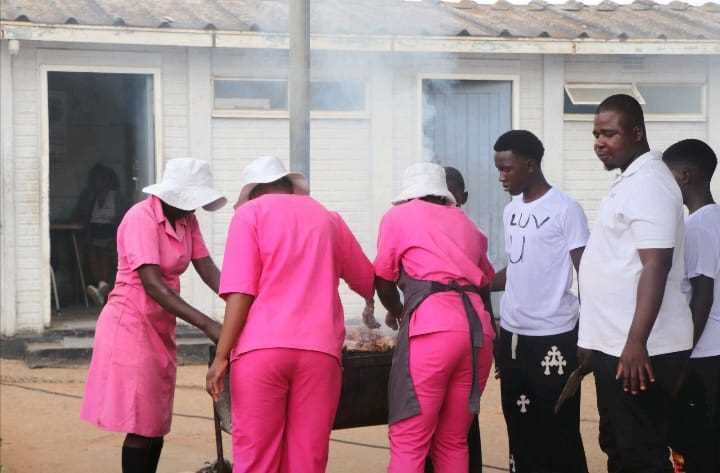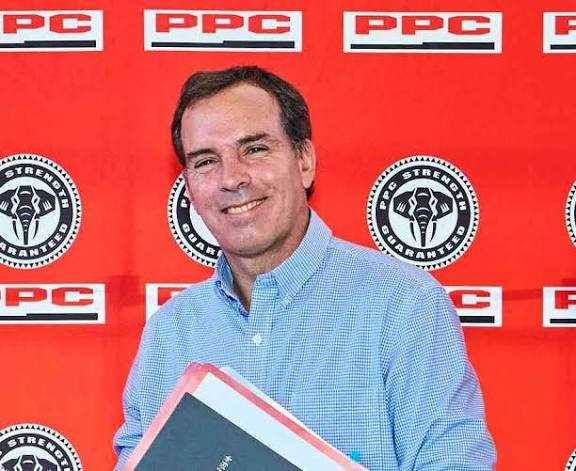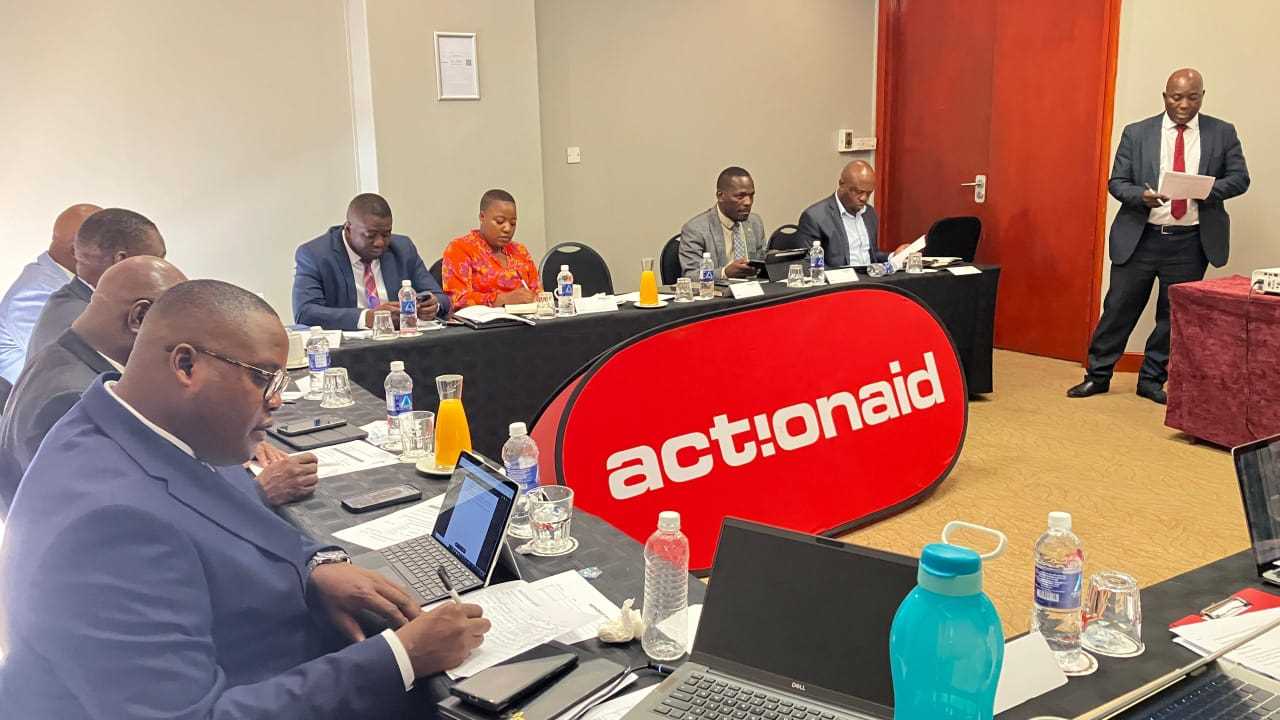Rutendo Mazhindu- Zim Now Reporter
The Green Indaba 2025 opened at the Harare Exhibition Park on Monday with a call for stronger partnerships and urgent action to tackle climate change and environmental challenges.
Minister of Environment, Climate and Wildlife, Dr Evelyn Ndlovu, who was represented by the Ministry’s Chief Director, Mr Washington Zhakata, said the gathering was more than just a conference but a call to action.
“We meet at a time when climate change, environmental degradation, and unsustainable agricultural practices threaten the very foundations of our livelihoods, ecosystems, and national development. Collaboration is the key to building resilience in the face of climate change,” she said.
Dr Ndlovu reaffirmed Zimbabwe’s commitment to reducing greenhouse gas emissions by 40 percent per capita by 2035 through its Climate Change National Adaptation Plan and the recently submitted 3rd Generation Nationally Determined Contribution (NDC 3.0).
“These commitments are not just abstract policies, strategies, and guidelines; they are our pathways for real action,” she said.
She highlighted agriculture as a critical frontier, stressing the importance of managing waste to curb methane emissions while promoting composting, biogas, and organic fertilisers.
Related Stories
“Improperly managed agricultural waste contributes to methane emissions, soil degradation, and water pollution. But when harnessed correctly, it becomes a resource. This is the essence of circularity—turning waste into wealth,” she said.
The Minister commended Amai Dr Auxillia Mnangagwa for leading the Zero Waste Movement since 2023.
“Her leadership has galvanised communities to embrace cleanliness, disease prevention, and resource recovery. From Geo Pomona’s urban waste conversion to community buy-back centres, we are witnessing a shift in public consciousness and local innovation,” she said.
Dr Ndlovu urged the private sector, farmers, and youths to seize opportunities in green innovation.
“See waste not as a liability but as a business opportunity. Adopt sustainable practices that protect biodiversity and secure your yields. To our youth: lead the charge in green innovation,” she said.
She added that investment in composting plants, biogas digesters, and waste-to-agriculture value chains was critical, noting that vocational centres and universities were already incubating homegrown technologies to drive the shift.
“The choices we make today will shape the legacy we leave for future generations. Let us move beyond conversation to implementation. Let us cultivate a tomorrow where our soils are fertile, our rivers clean, our industries green, and our communities resilient,” she said.



















Leave Comments